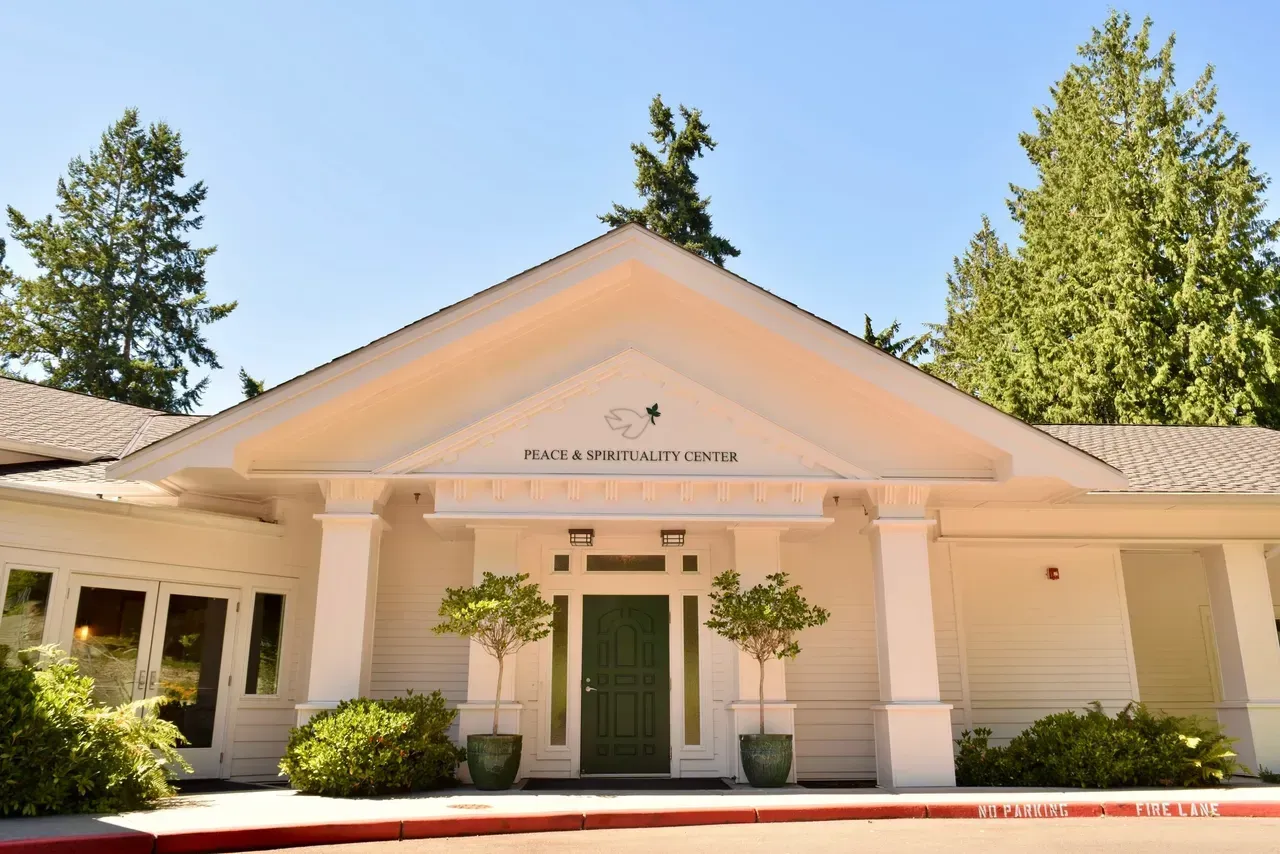Verses of Peace
Sign up for blog updates!
Join my email list to receive updates and information.

Here’s some news that really isn’t news: a recent national survey by Ohio State University says forty-five percent of us are stressed by news or social media.
Of this number, sixteen percent feel stressed every day. And we’ve slipped to our lowest ranking ever in the World Happiness Report.
So I’m happy to do my part in helping heal this sorry situation by conducting a free Zoom workshop in June – on writing poetry as a tool to cultivate inner peace.
Verses of Peace is one in a series offered by the Sisters of Saint Joseph of Peace. Called Disarming Our Hearts, the series explores how we can cultivate peace within ourselves and bring it into the world.
Each workshop, presentation, and retreat in the series features speakers from different backgrounds who bring insights into what it means to “be peace” in a way that transforms not only our own hearts but also our communities.
The series is offered at no cost. The Sisters fund all their programs through donations.
My two-hour Zoom program will be held from 9 P.M to 11 P.M Eastern time on June 18. The primary audience is a gathering in Bellevue, Washington, but the program is open to anybody who’d like to tune in.
This won’t be like the English class you suffered through in high school. I promise. Nor is it an academic seminar that tries to teach you to craft the perfect poem.
Verses of Peace is about feeling better, not writing better – a contemplative opportunity to explore healing poems that are easy-to-understand, beautiful, and uplifting. Our focus is on how famous writers have used poetry to achieve a more peaceful mindset.
We’ll talk about what poetry is all about, and participants will be guided in writing their own healing poems and sharing insights. No prerequisites, no writing experience needed, and no critiques.
Here's what some prior participants have said about my poetry classes:
"I so enjoyed your class last week. I have been writing poems and one haiku. Your class has opened a new world to me, and I'm so appreciative.” -- Mike
“Your classes provided a very positive experience, opening up the possibility of using poetry to deal with the complex emotions felt by cancer patients. I will treasure these memories in the future, and plan to continue on this path of self-discovery and appreciation for everyday life.” -- John
"Thank you for sharing your experience with us and sharing your passion for expressive writing. You have a gift for teaching and getting your point across in a special way.”
-- Martha
Verses of Peace will be a safe space for participants to express their feelings without judgment and find comfort by using words as a path toward peace through the healing energy of poetry.
Here’s the link for more information and to register.
For those of you who don’t know me – or might want to recommend the workshop to your friends who don’t know me – I’m a former journalist, corporate executive, and owner of a corporate communications agency. I’ve authored four non-fiction books and a novel, write poetry that appears in numerous literary magazines, and publish a weekly blog. In conjunction with the American Cancer Society for the past three years, I’ve been teaching patients and caregivers to write poetry to better manage the trauma of a cancer diagnosis, and I lead day-long retreats exploring healing poetry.
